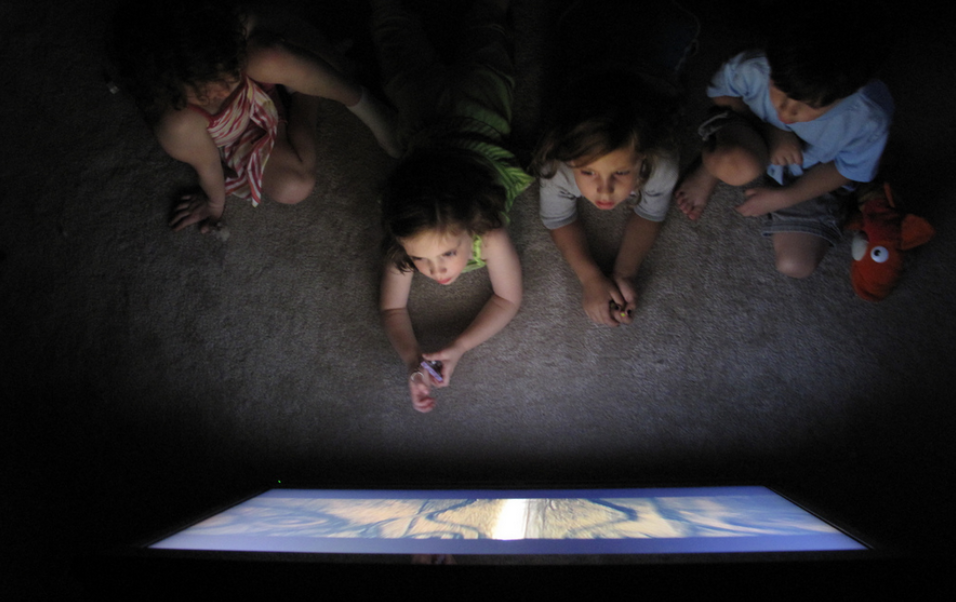Judging by today’s headlines, it would appear that the American Academy of Pediatrics has taken the guilt trip off parents everywhere. As The Washington Post eagerly explains:
“For years, the American Academy of Pediatrics set a simple and clear ceiling: no more than two hours parked in front of the TV for any child over the age of two. But at its annual meeting in San Francisco on Friday, the group, acknowledging that some online media exposure can be beneficial, announced that it has radically revised its thinking on the subject.”
But while the media is flocking around this news, they seem to have overlooked another American Academy of Pediatrics report released simultaneously. According to a press release, a different set of researchers found that the more time kids spend with digital media, the less likely they are to finish their homework.
And homework isn’t the only thing that’s affected:
“The authors found a similar relationship between digital media exposure and four other measures of childhood flourishing, including always or usually caring about doing well in school, completing tasks that are started, showing interest in learning new things, and staying calm when faced with challenges. The trends all remained significant regardless of the child’s age group, sex, or family income level.”
Thus, it seems that despite the headlines screaming that the American Academy of Pediatrics is relaxing its restrictions on screen time, research still shows that it’s unhealthy for our children to have so much exposure to it.
So why are we so eager to embrace the idea that more screen time is okay for our kids?
The answer to that question might lie in a statement once made by Neil Postman, the author of Amusing Ourselves to Death. Postman notes:
“Parents embraced ‘Sesame Street’ for several reasons, among them that it assuaged their guilt over the fact that they could not or would not restrict their children’s access to television. … Parents were eager to hope that television could teach their children something other than which breakfast cereal has the most crackle. At the same time, ‘Sesame Street’ relieved them of the responsibility of teaching their pre-school children how to read – no small matter in a culture where children are apt to be considered a nuisance.”
Is Postman right? Does our eagerness to justify screen time for our kids stem from the fact that we’re unwilling to take the trouble or responsibility to teach them ourselves?
Image Credit: Michael Cramer bit.ly/1eBd9Ks
















Leave a Comment
Your email address will not be published. Required fields are marked with *